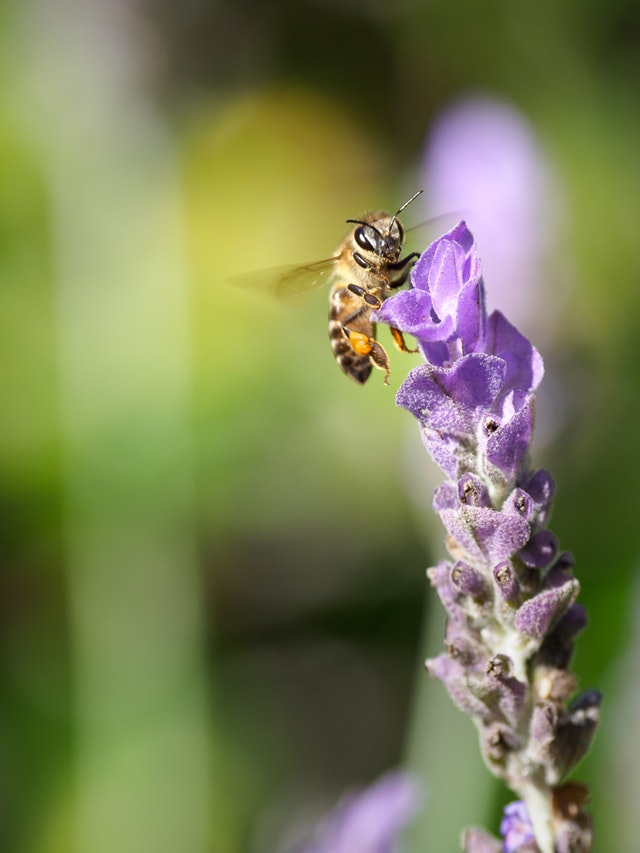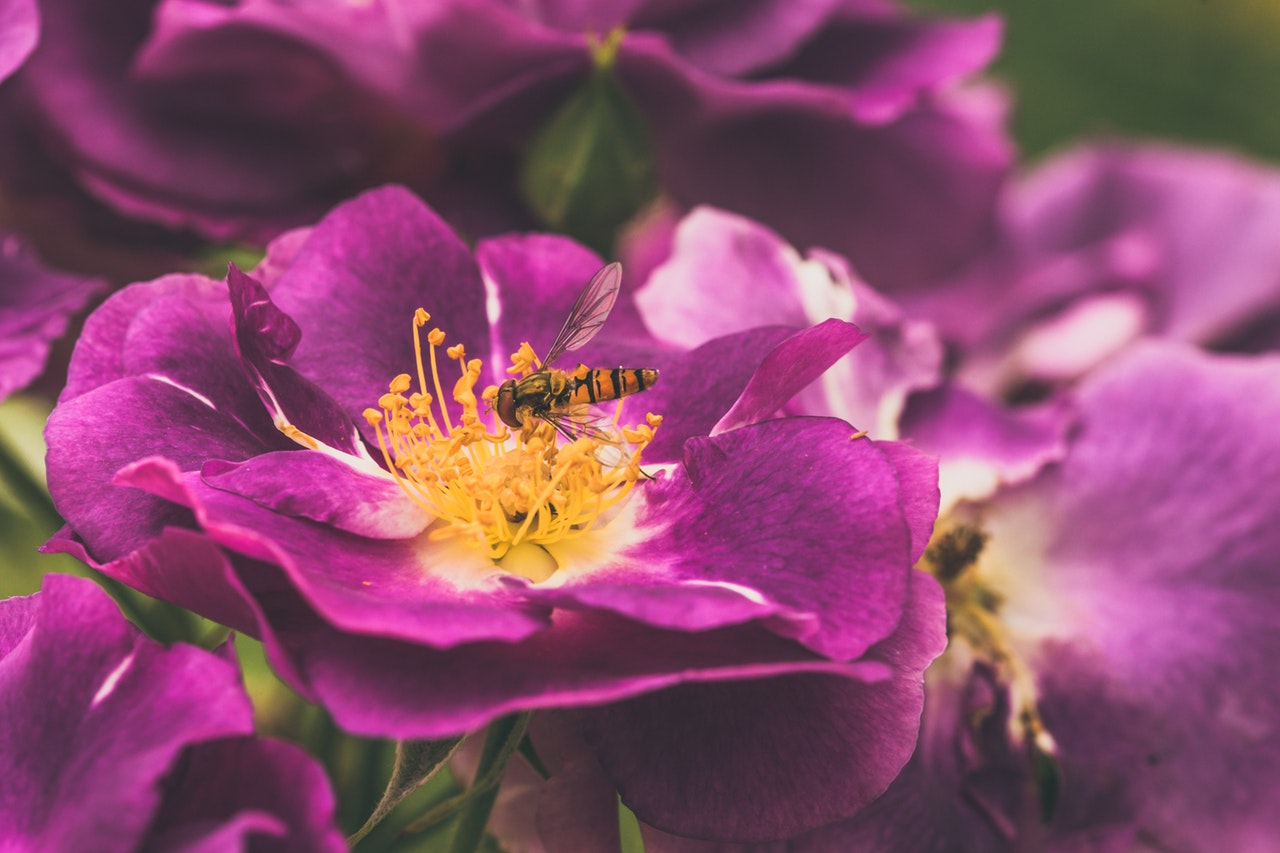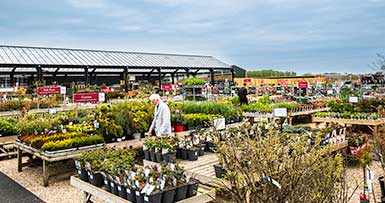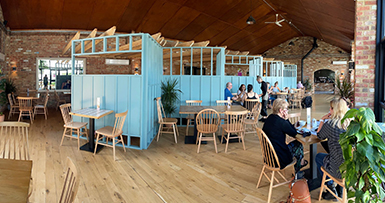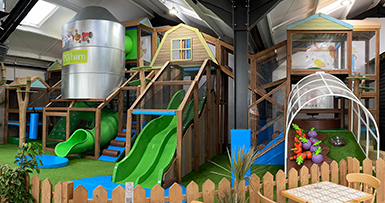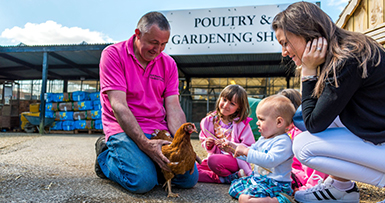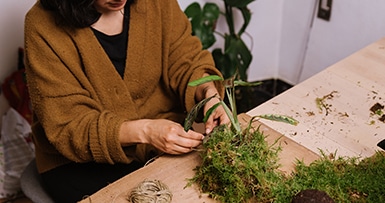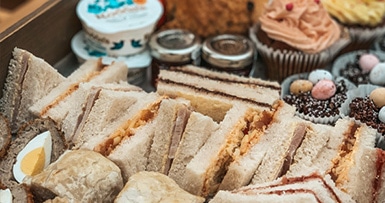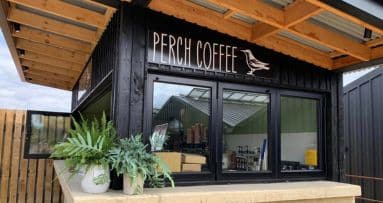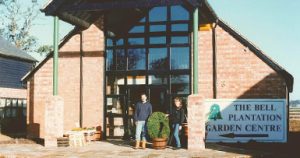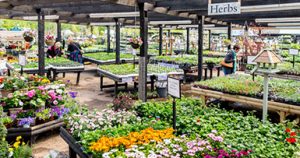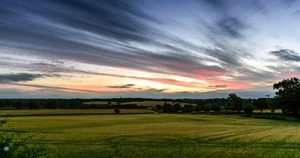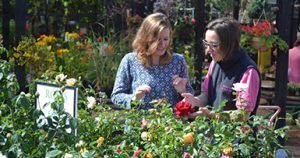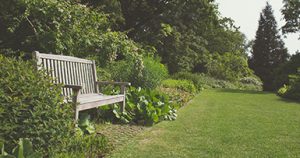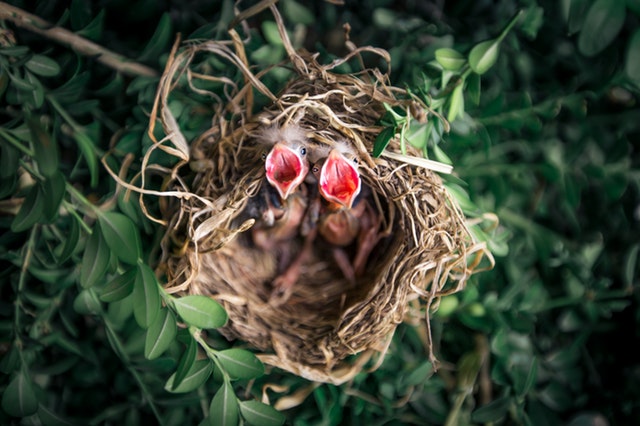
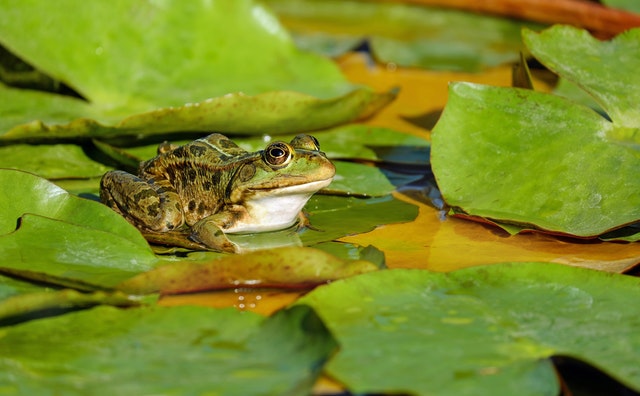
Grow nectar-rich plants for Honeybees
We’ve all heard reports that bees are in decline and the devastating effect their disappearance will have on our own survival. When moving from flower to flower, bees collect nectar and pollinate many garden and wild flowers – essential for cropping of most fruits and some vegetables.
Honeybees will be starting to emerge soon – to encourage these vital pollinators in to your garden, and support their survival, try to limit the use of pesticides and choose flowers with a single row of petals. These are more attractive to bees because they are richer in nectar and pollen and are easier to access.
Here are a few plants which bees particularly love and which we normally have in stock:
Plants
Availability
